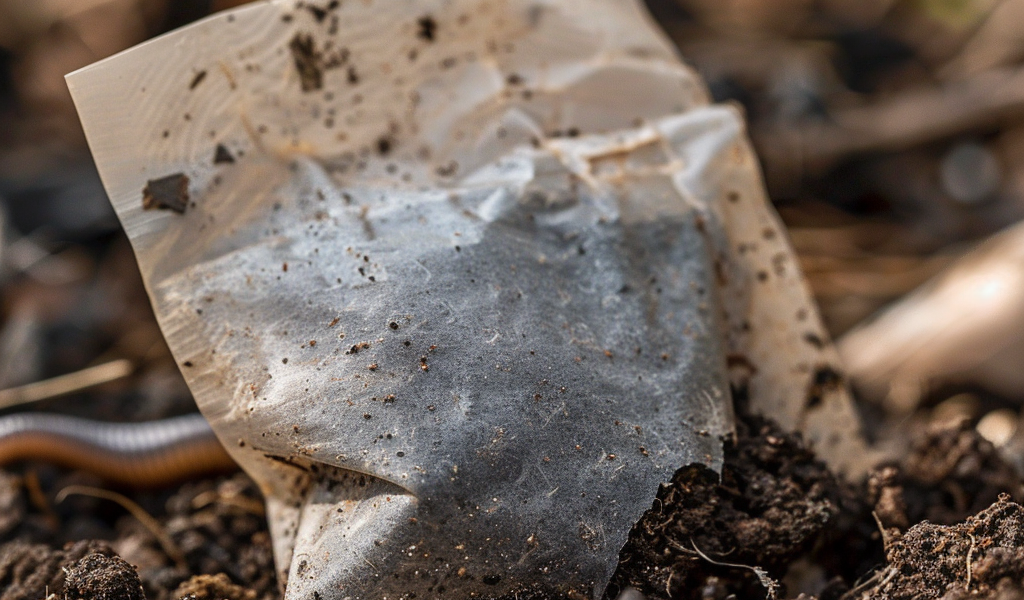Study Finds ‘Biodegradable’ Teabags May Not Degrade Easily, Poses Potential Harm to Terrestrial Species
Recent research has revealed that some teabags marketed as ‘biodegradable’ may not easily deteriorate in the environment, posing potential harm to terrestrial species. The study, conducted by the University of Plymouth, focused on teabags made from polylactic acid (PLA) and cellulose-PLA blends.
During the study, teabags made solely from PLA remained completely intact after being buried in soil for seven months. In contrast, teabags composed of cellulose and PLA broke down into smaller pieces, losing between 60% and 80% of their mass, with the PLA component persisting.
The impact of these teabag remnants on earthworms was also investigated. Exposure to different concentrations of teabag discs led to increased mortality rates, with some concentrations of PLA adversely affecting earthworm reproduction.
The study emphasizes the importance of clear disposal instructions on product packaging. It was noted that only one manufacturer specified that their teabags were not suitable for home composting, potentially leading to incorrect disposal practices.
Consumer confusion surrounding terms like ‘plant-based’ and ‘biodegradable’ further underscores the necessity for transparent guidance on appropriate waste management.
Dr. Winnie Courtene-Jones, the lead author of the study, highlighted the significance of addressing the plastic waste crisis by ensuring accurate information on disposal methods for biodegradable products.
These findings shed light on the complexities of biodegradable materials and the importance of responsible waste disposal practices to mitigate environmental impacts.





